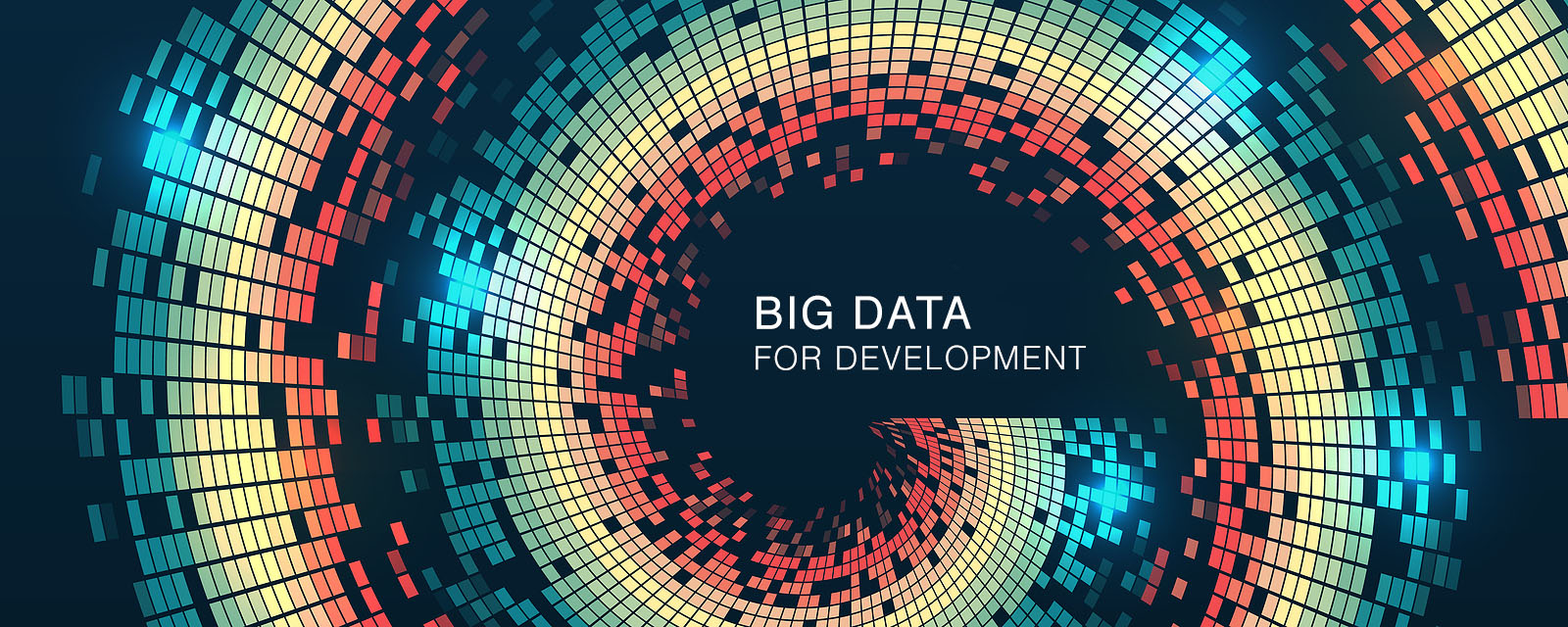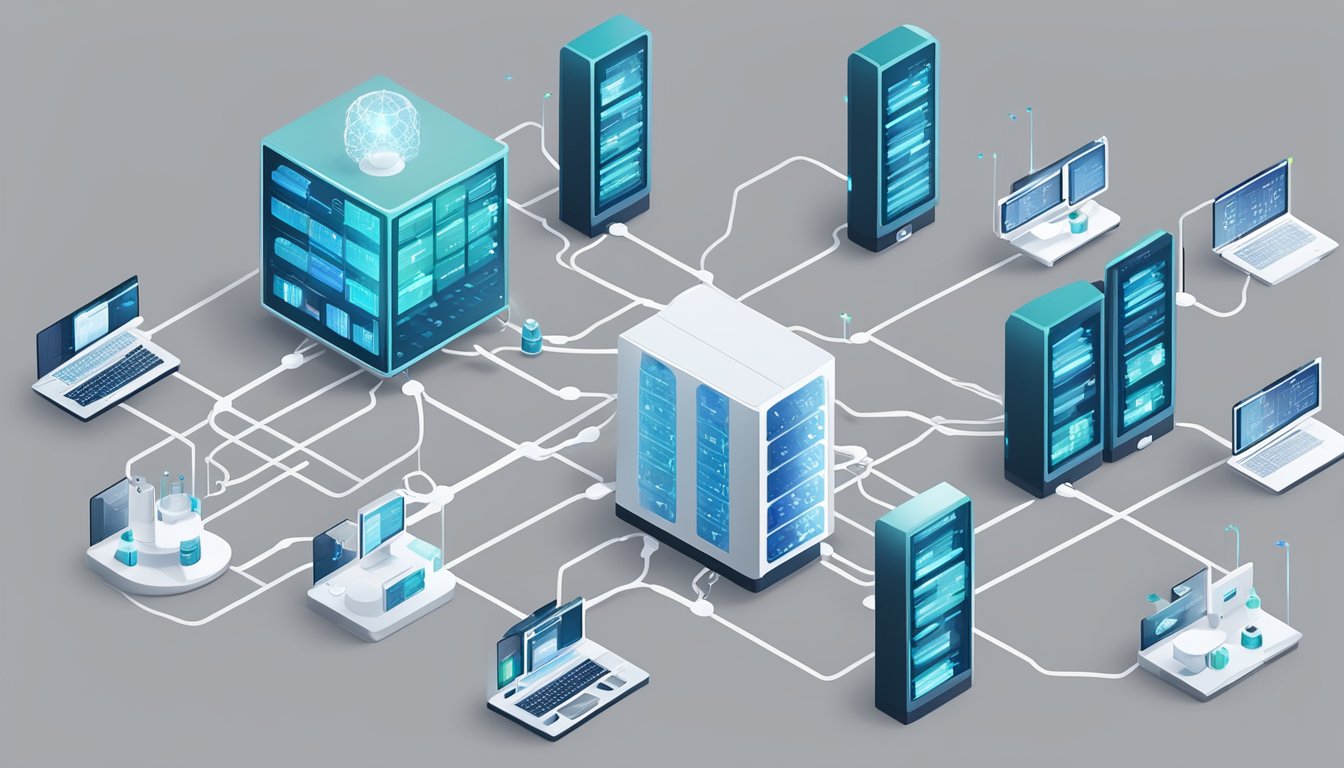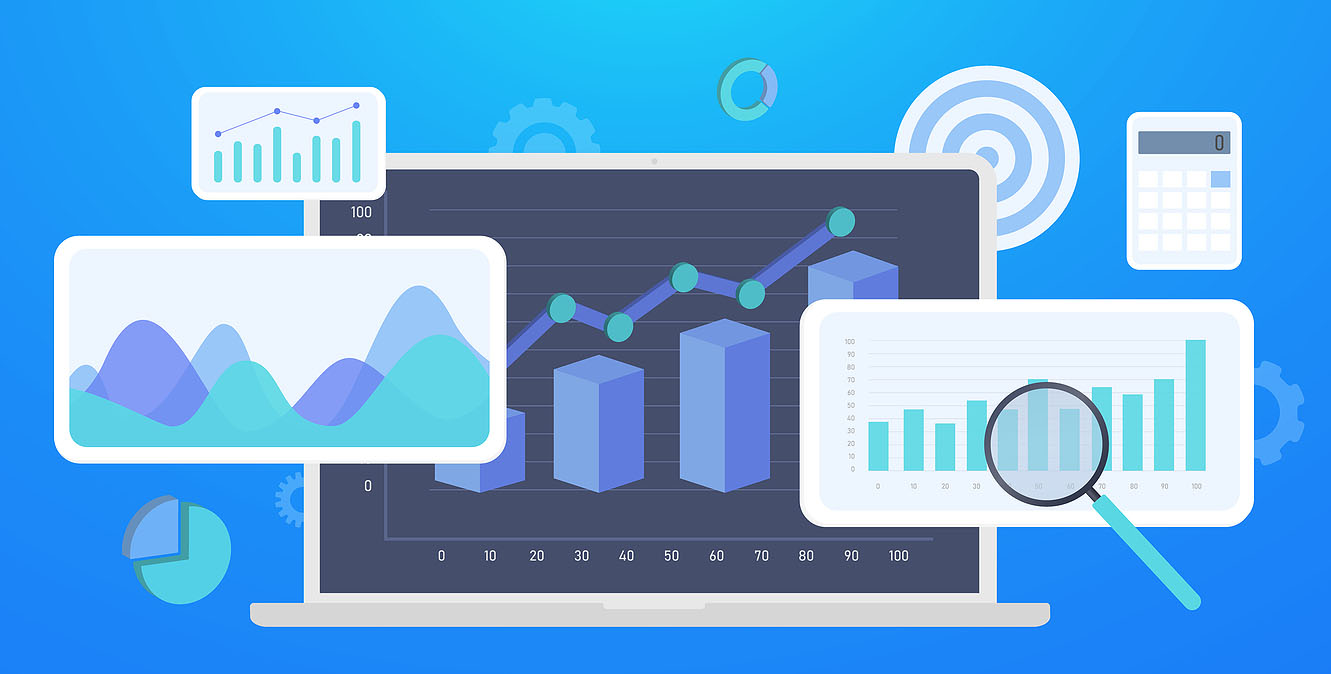
Big data for development
Use of technology in today’s era is not only restricted to industrialized world. Technology revolution has spread it’s influences to even the remotes regions of developing world. Millions of people around the world have now digital identity. In areas where digital identity is not a common phenomenon, technological advancement through commercial markets and other sources extract different informations about billions of individuals. This data produced through multiple mediums is large in size, volume and variety and thus referred as big data.
Big data is large and complex to be analysed by traditional methods. It has huge implications for corporate sectors, and marketing industries. Enormous number of personalized products are fashioned each day, by examining and interpreting the data. However the use of big data is not limited to corporate sector only. One of the most prominent utility of big data is in development and public sector. Big data in public sector is utilized to get real-time insides to the wellbeing of people, and to attract interventions for the most vulnerable communities.
Big data is critical for evidence-based decision making for the welfare of societies and development of the world overall.
In a world of rapid globalisation national interests are nearly impossible to keep intact without relying on big data. Governments through access to open data are in a better position to develop economic and public policies and tackle any possible hardships. Trends in global markets changes in seconds, and fortunately because of technology the information can be interpreted to design strategies for growth and development. Big data is used to track and forecast changes in global trade centres, exchange rates, inflation, and any possible changes in the financial markets. Therefore, with the availability of big data, governments are in a better position to work for the economic prosperity of their countries.
Furthermore big data can come in handy in designing development interventions for the developing world. In 2015 UN introduced Sustainable Development Goals (SDGS). SDGS require an integrated development which incorporates, economic, social, and political development of individuals and society. Realising SDGS without big data is unrealistic and unachievable. Before the data revolution, numerous social issues, i.e. gender violence, child labour, labour rights, and human trafficking were not prominent. The data revolution made it possible for those issues to be highlighted, and most importantly to be part of UN development goals. According to UN reports access to information in last two era have increased multiple folds. Access to informational has potential to transform social structures and development issues. The UN and many other development agencies are in a better position to design development intervention according to the specific needs of communities. Access to information has changed the traditional approach of top-down interventions of development. The availability of on ground information has pushed for a bottom-up approach of development. Thus instead of aid agencies imposing their plans, big has made interventions more responsive towards the needs of communities.
Intervention for human development in any sector, i.e. health, education, environment protection, or food security require adequate information. The traditional measures of human development, i.e. Human Development Index, poverty index, mortality rate, literacy, GDP, and GNP rely on an average scores of the whole population. Government of developing countries are more often not in a position to provide adequate enough information for this indicators. Thankfully development agencies have access to more rapid and open information now. The information extracted from social media platforms about development needs in certain areas can move aid intervention within matter of days. An emerging issue in certain segments of society can be highlighted through social media posts, tweets, and online bloggings. Thus it has the potential to attract interventions even if the local government and organizations are not in a position to help.
Big data however brings challenges with itself as well. There is ethical consideration to be mindful of while interpreting data. One of the prominent challenges are the ethical concerns around intruding privacy of individuals: Big social media platforms was recently accused of invading privacy of its customer. However a more considered approach to access individual information can be adopted. A more regulated information, and an access to information can benefit the society and people for good.



